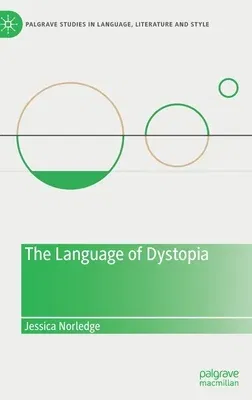Jessica Norledge
(Author)The Language of Dystopia (2022)Hardcover - 2022, 30 August 2022

Qty
1
Turbo
Ships in 2 - 3 days
Only 1 left
Free Delivery
Cash on Delivery
15 Days
Free Returns
Secure Checkout

Part of Series
Palgrave Studies in Language, Literature and Style
Part of Series
Language, Style and Literature
Print Length
244 pages
Language
English
Publisher
Palgrave MacMillan
Date Published
30 Aug 2022
ISBN-10
3030931021
ISBN-13
9783030931025
Description
Product Details
Author:
Book Edition:
2022
Book Format:
Hardcover
Country of Origin:
NL
Date Published:
30 August 2022
Dimensions:
23.39 x
15.6 x
1.6 cm
Genre:
Modern
ISBN-10:
3030931021
ISBN-13:
9783030931025
Language:
English
Location:
Cham
Pages:
244
Publisher:
Weight:
539.77 gm